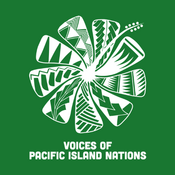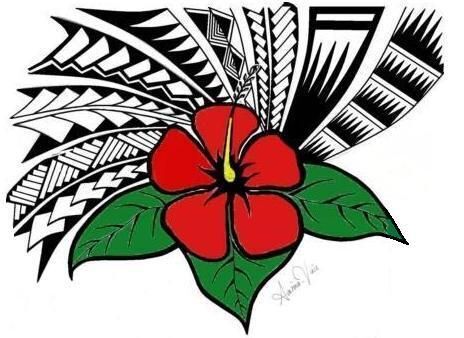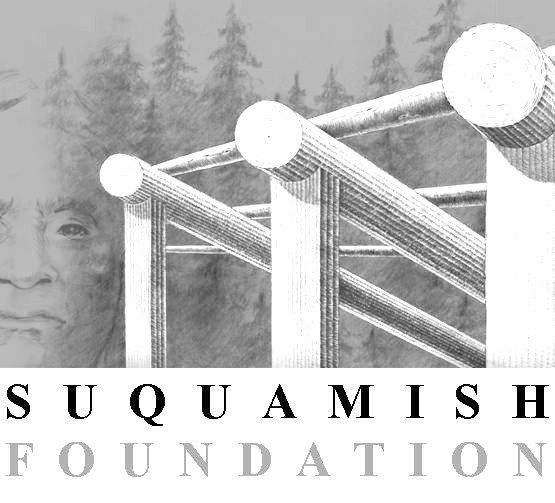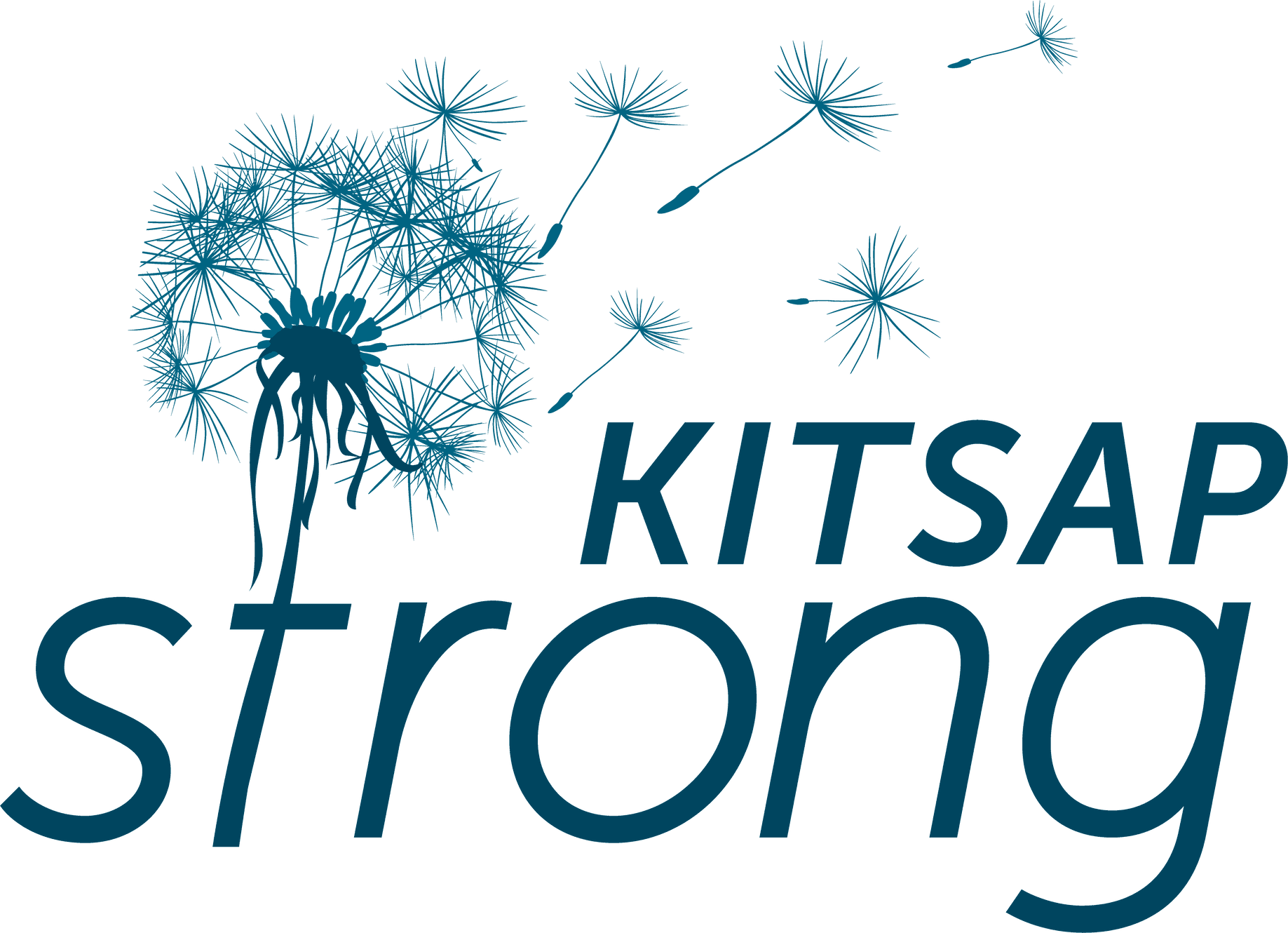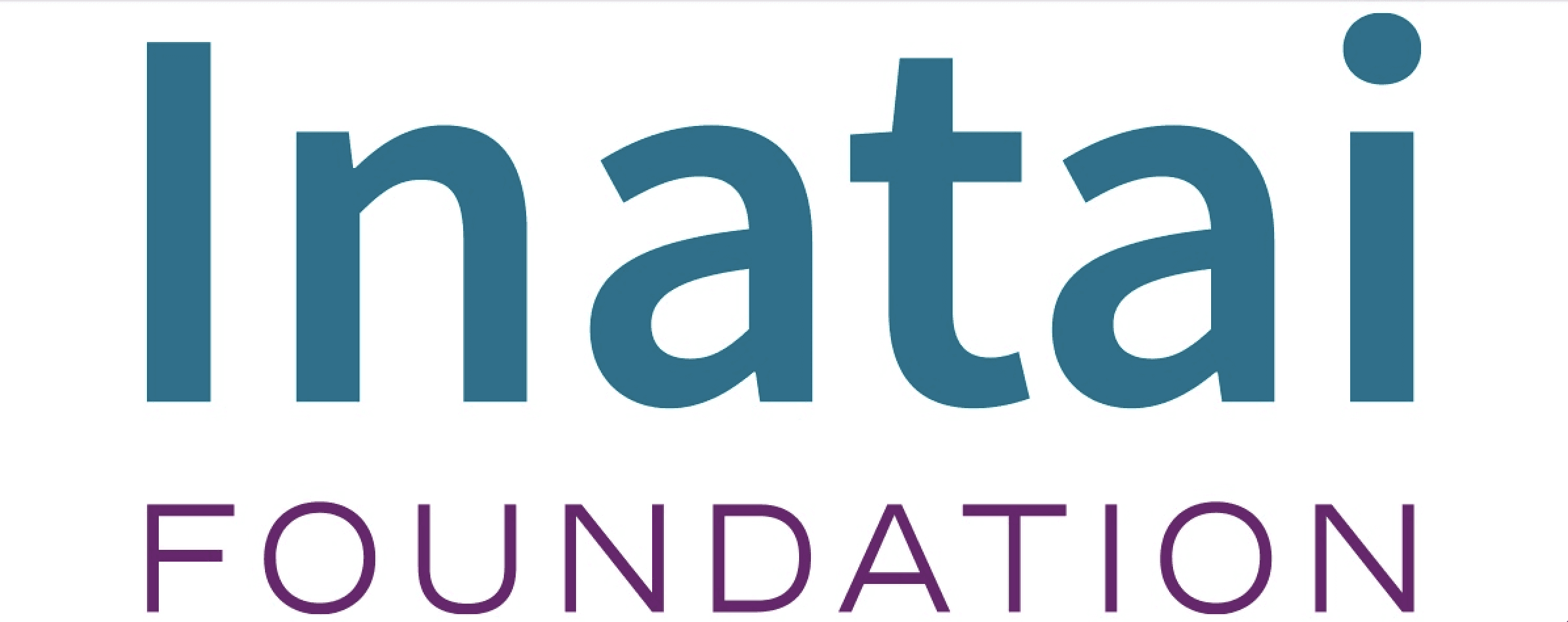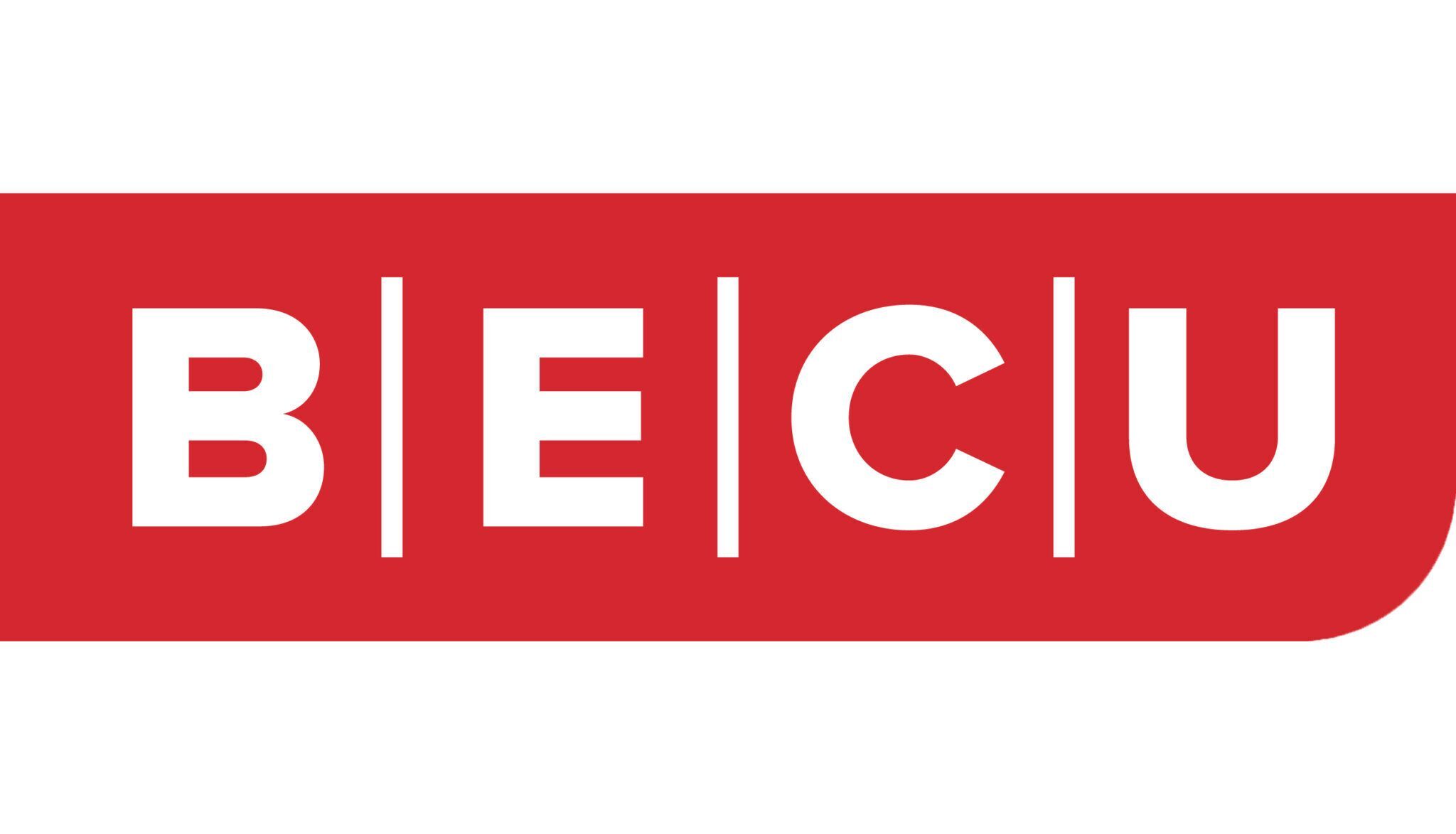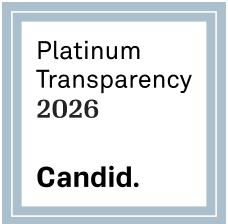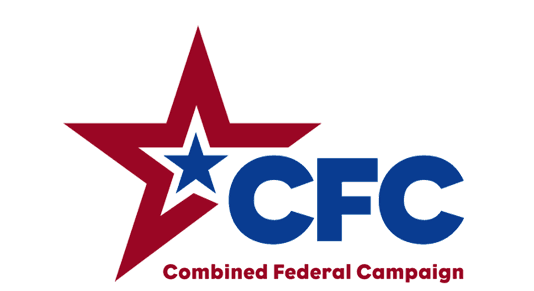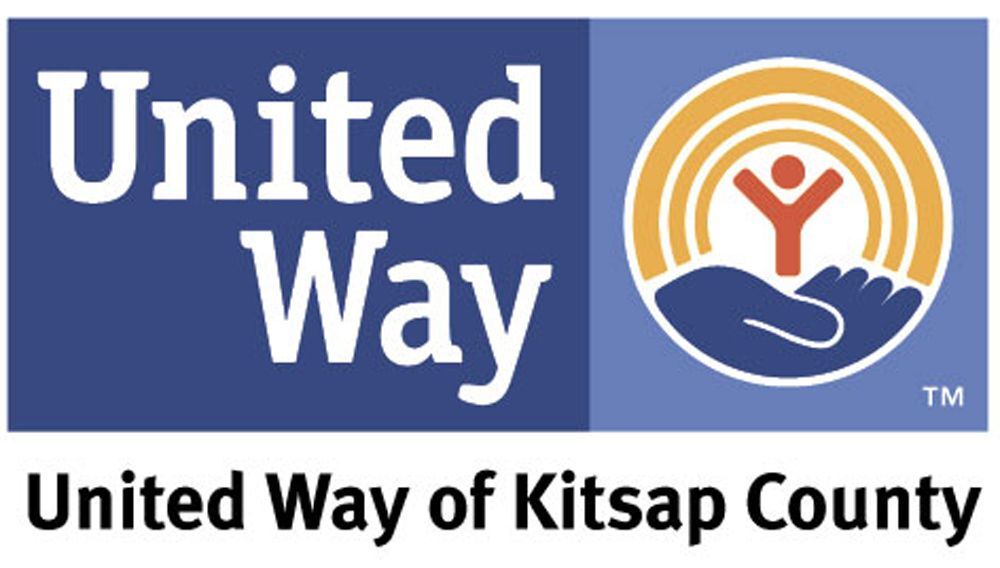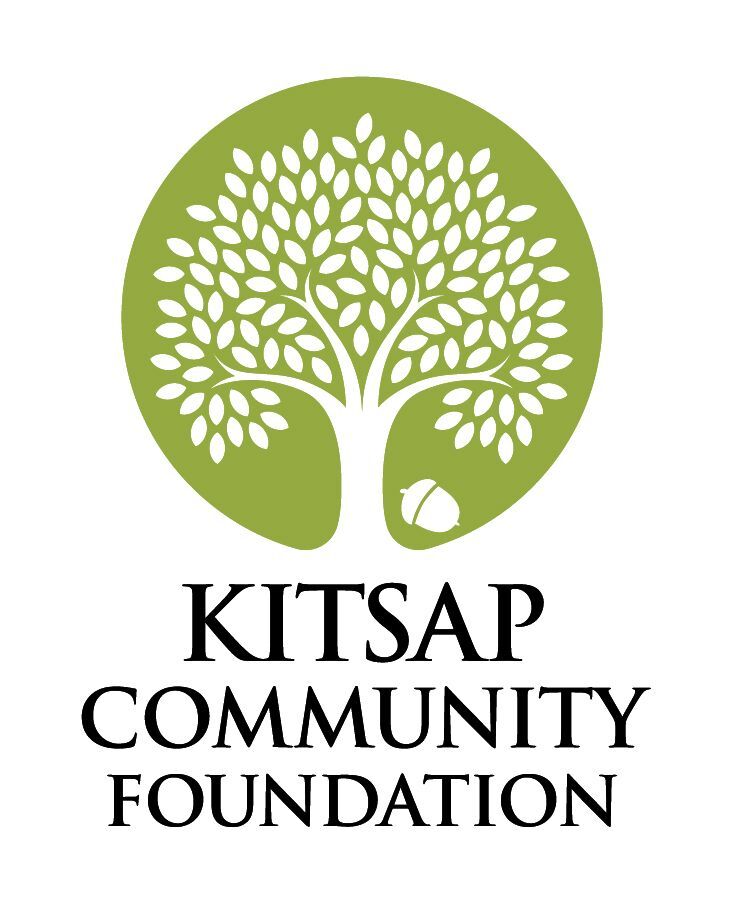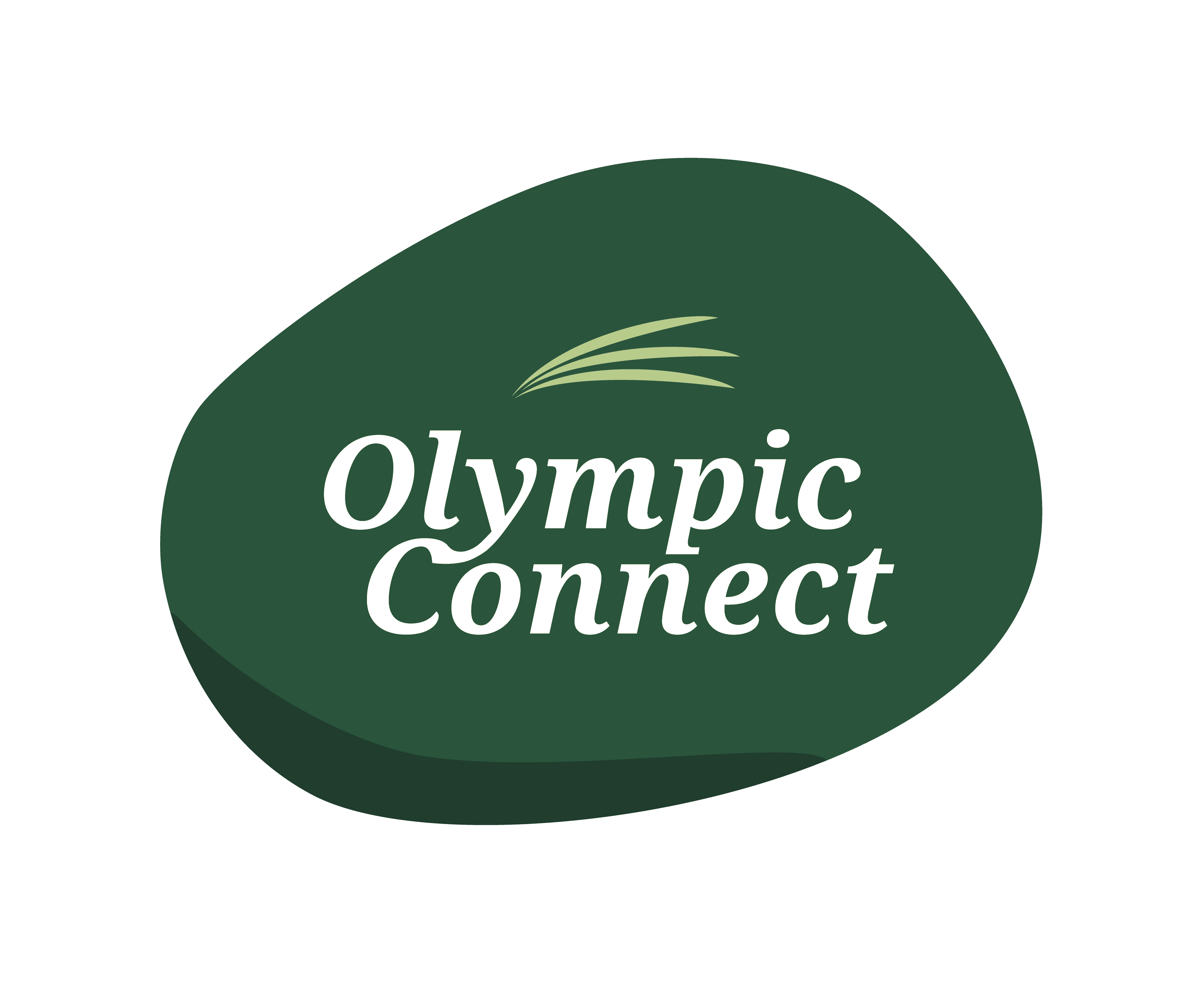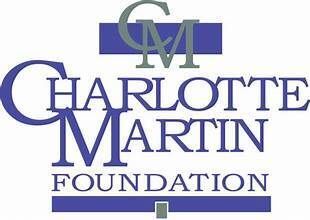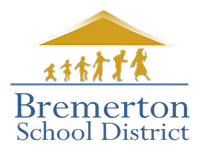If you want to be in the know about what’s going on at our organization, you’ve come to the right place.
Be sure to check back regularly to get our latest news updates.
Talofa, Hafa Adai, Aloha, Ran annim, Kumusta, Mālō e lelei, Kia Orana, Kia ora, Hola, and Hello to our VOPIN community!
In recent months, we’ve experienced a true roller coaster—moments of joy alongside sobering reminders of the challenges still before us. Through it all, one truth endures: our community grounds us, strengthens us, and carries us forward.
Amid shifting economic conditions and widening inequalities, many families continue to face difficult choices between rent, groceries, and medicine. These pressures deepen existing disparities and weigh heavily on the youth we serve. Yet even in the face of hardship, unity remains our greatest strength.
VOPIN stands firm in its mission to provide culturally responsive services that eliminate educational and opportunity inequities. We continue to serve as a bridge—connecting students, families, schools, and the broader community—so that every child feels seen, supported, and valued.
Voices of Pacific Island Nations (VOPIN) is seeking a compassionate, culturally grounded, and community-oriented individual to join our team as an Education & Family (Care) Navigator.
This dual-role position supports both educational success and overall well-being for students and families in Kitsap County. The Navigator will work directly with youth through our Navigating Education program and serve families through Olympic Connect, a regional care coordination network.
We want to share a heartfelt update. After careful consideration, we made the difficult decision to postpone this year’s Together for Education fundraising event. We recognize the importance of an event like Together for Education; it brings people together, celebrates Pasefika heritage, and shines a light on youth who are too often unseen. But the resources required to host it are significant, and we recognize that too many in our community are also navigating financial uncertainty.
This month has been a true roller coaster—marked by moments of profound joy and sobering reminders of the challenges that remain. As we reflect on June, one truth stands firm: through every high and low, it is our community that grounds us, strengthens us, and propels us forward.
Amid growing hardship, the widening gap between wealth and poverty weighs heavily—especially on our most marginalized communities. The obstacles can feel overwhelming. Yet in the face of adversity, unity remains our greatest strength. When we stand together, there is no challenge we cannot overcome.
Despite the uncertainties and challenges facing our communities, we at VOPIN remain steadfast in our mission. A stronger community exists when people can shape decisions, control resources, and drive changes that directly impact their lives! With the support of the community, the VOPIN team continues to do our best to serve, uplift, and care for one another, especially the most vulnerable among us. Through it all, we celebrate the small victories that remind us why our work matters.
Talofa, Hafa Adai, Aloha, Kumusta, Malo e lelei, Ran annim, Kia Orana, Bula, Kia ora, Ia orana, and Hello, Nica,
Despite challenges and uncertainties, VOPIN remains dedicated to empowering our communities. We proudly continue our Navigating Education program at Bremerton High School and Mountain View Middle School, ensuring Pacific Islander students receive culturally responsive tutoring, mentoring, and ongoing support to thrive academically.
VOPIN remains dedicated to its mission of serving our youth and their families. We firmly believe that education is the great equalizer in a just society. Our Navigating Education program, which is part of the Youth and Young Adults Services department, continues to offer culturally relevant services and resources to help our children/students and families thrive in this American journey.
As we embark on another exciting year, we hope this newsletter finds you in good health and high spirits, ready to embrace the growth and sense of community that defines us at Voices of Pacific Island Nations (VOPIN). This month, we are particularly eager to share an important update and invite you to engage more with our mission.
